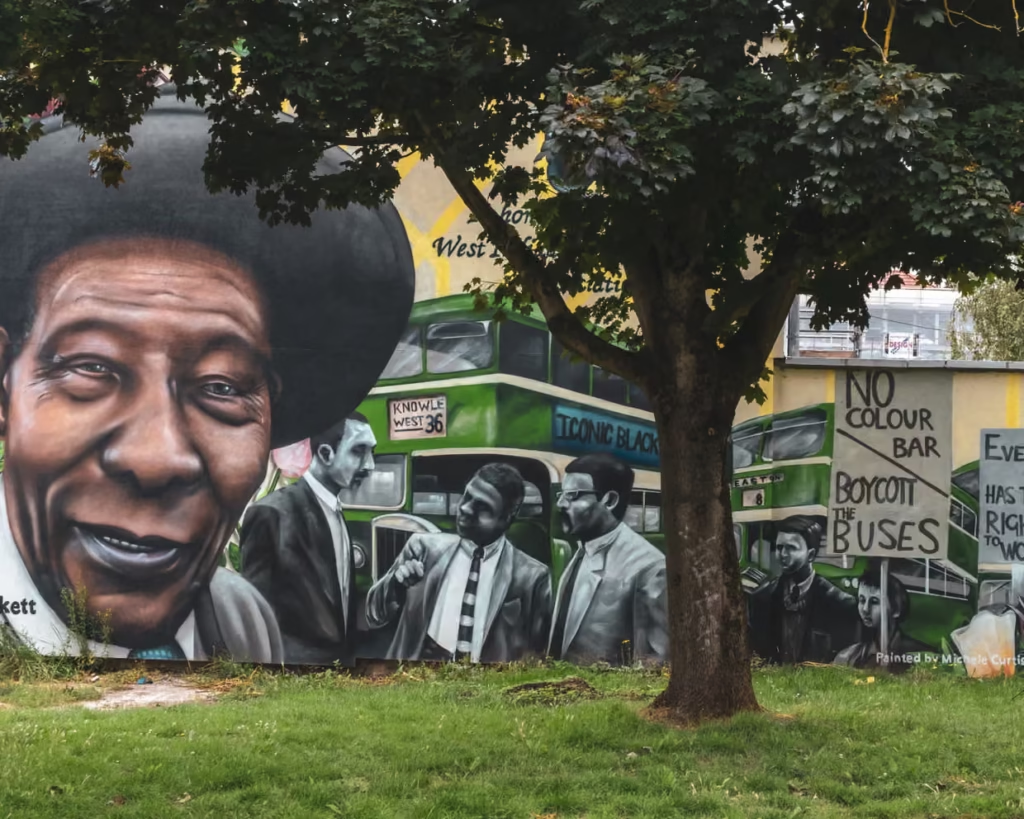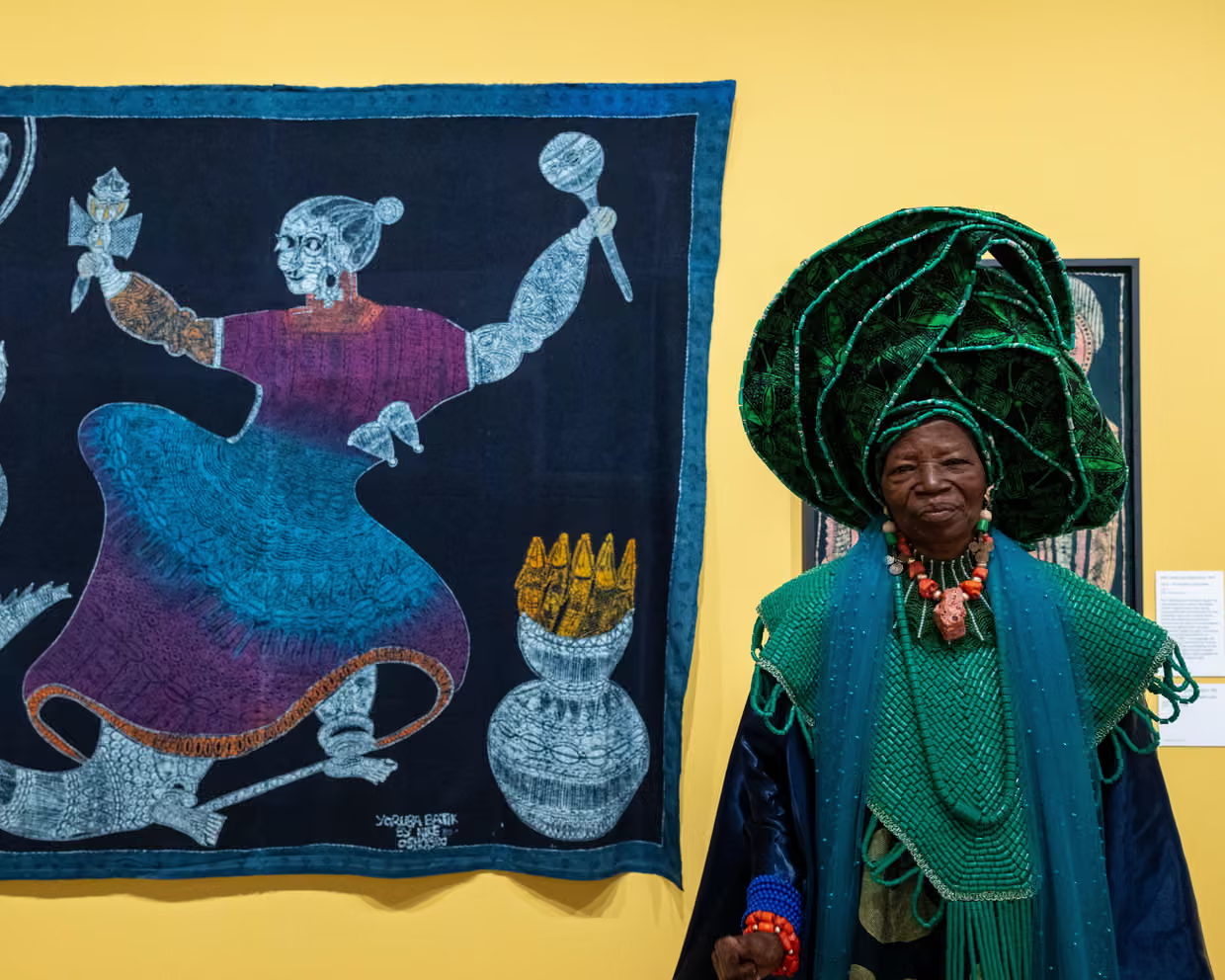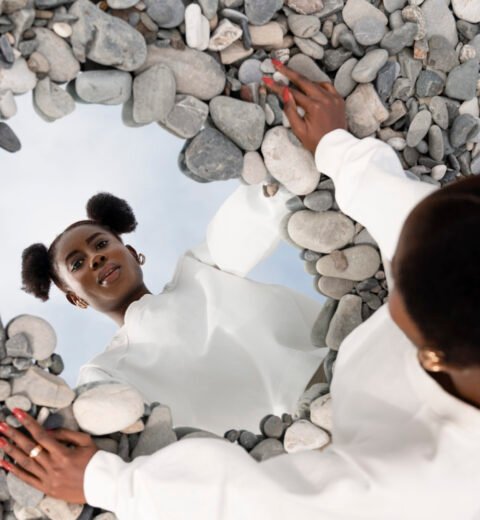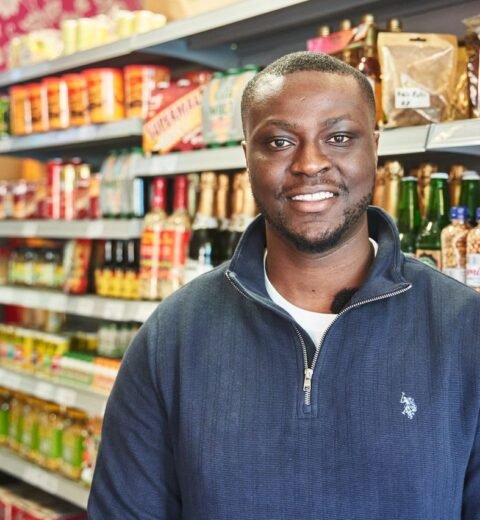Black History Month 2025 – What It Means for Nigerians and the Wider African Community in the UK
Black History Month has been celebrated in the UK since 1987 — but for many, the journey toward truly recognising Black British history has been slow and overdue.
In Reni Eddo-Lodge’s bestselling book Why I’m No Longer Talking to White People About Race, she pointed out something many of us can relate to: while most people in the UK have heard about the Montgomery Bus Boycott in America, few know about the Bristol Bus Boycott — a key event in Britain’s own civil rights movement.
That lack of awareness is now being challenged. In recent years, there’s been a renewed push to ensure that the UK’s Black communities — from the Caribbean to Africa — have their stories heard, celebrated, and preserved.

Black History Month: From the Caribbean to Africa
The first UK Black History Month was inspired by the US version, but for many years, Britain mostly borrowed from American narratives. Now, the focus is shifting — and Nigerians and other African communities are becoming central to the story of modern Black Britain.
Cultural milestones like the Nigerian Modernism exhibition at Tate Modern, which celebrates the influence of Nigerian art and artists in the UK, show how far we’ve come. The event follows other breakthroughs such as Steve McQueen’s Small Axe film series and the rise of British-Nigerian voices in media, politics, and art.
For Lanre Bakare, author of We Were There, this is a sign of progress:
“As a British-Nigerian, it’s incredible to see institutions like the Tate Modern celebrate Nigerian art. It shows how our identity — as Nigerians in the UK — is now part of the wider Black British story.”
The Fear of Erasure — and the Rise of Confidence
With this progress comes a challenge: how do we celebrate our shared identity as Black Britons while honouring the specific roots that make us unique?
For decades, the UK’s Black population was mostly Caribbean. But from the 1990s onwards, the Nigerian, Somali, and other African communities grew rapidly — adding new cultures, languages, and traditions to the mix. Today, Nigerian culture is a major part of Black British life, from Afrobeats to food, faith, and family.
Still, as Lanre notes, there’s a concern about losing touch with those roots as the term “Black British” becomes broader:
“We’ve seen many cultural centres — especially Caribbean ones — close down. Those spaces were vital for connection and identity. We need to ensure Nigerian and African voices keep shaping that cultural narrative too.”
Black British Pride: A Growing Force
At the same time, there’s a new generation of Nigerians in the UK who are more confident and proud of their dual identity. From the success of artists like Burna Boy and Tems to Nigerian entrepreneurs, scholars, and creatives thriving across Britain, Naija energy is everywhere.
This growing confidence is reflected in the cultural scene — where Nigerian, Ghanaian, Somali, and Caribbean influences blend to define a truly Black British identity that is dynamic, inclusive, and forward-looking.
Do We Still Need Black History Month?
Some now ask whether Black History Month is still necessary, given the year-round visibility of Black culture in the UK. Lanre Bakare’s response is clear:
“Yes — absolutely. Many people still know little about Black British history. Black History Month is a time to educate, reflect, and celebrate.”
He’s right. A recent survey found that more than half of Britons can’t name a single Black historical figure from the UK. That shows why dedicated moments like this still matter — not just to remember the past, but to shape a more informed and united future.
Celebrating Our Stories
For Nigerians in the UK, this moment is more than just a commemoration — it’s a recognition. Our parents and grandparents came to this country with dreams, and their contributions are now becoming part of Britain’s official story.
As we celebrate Black History Month 2025, it’s not just about remembering — it’s about continuing the work of those who built bridges between home and abroad, making it possible for today’s Nigerians in the UK to stand tall and say:
Black British history includes us — and always will.
Join Our WhatsApp Channel
Stay updated on the latest UK news, including education, health, job openings, and more for those living in the UK!
Join here: Naija UK Channel
Also, follow us on our social media channels for the latest updates and discussions:
- Twitter: @NaijaUKConnect
- Facebook: Naija UK Connect
- Instagram: @naijaukconnect




